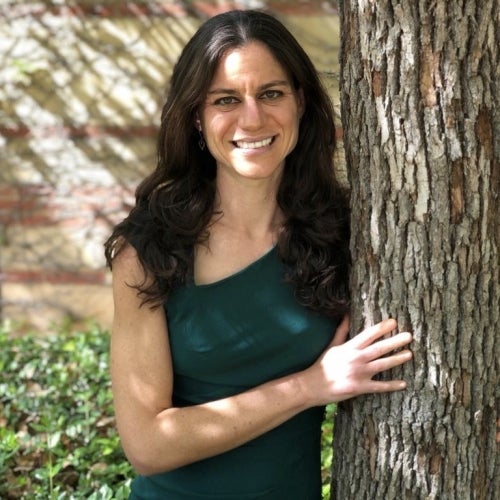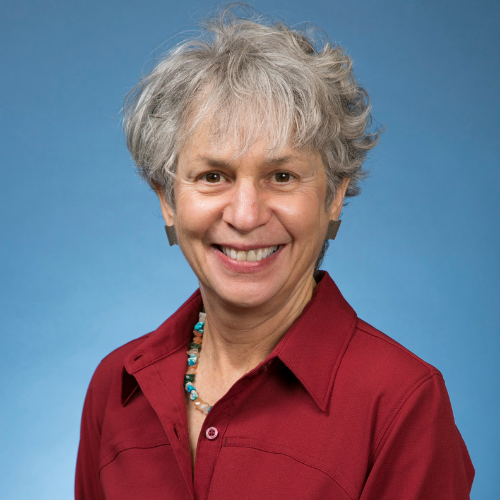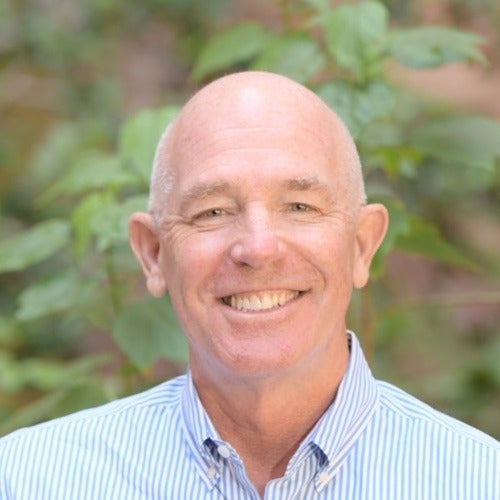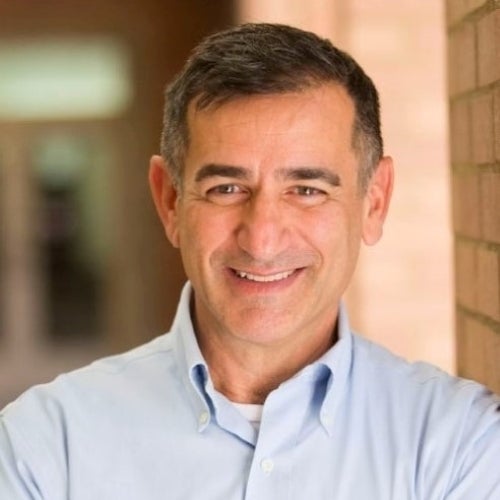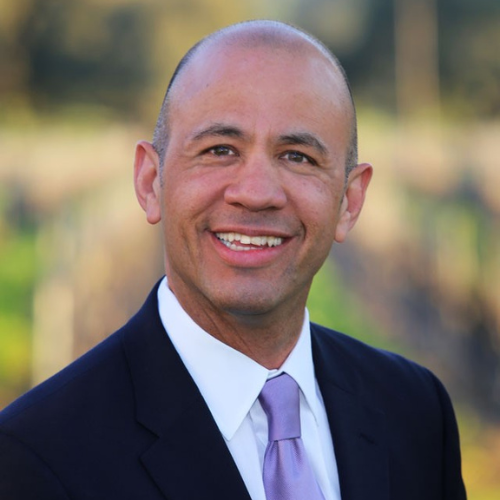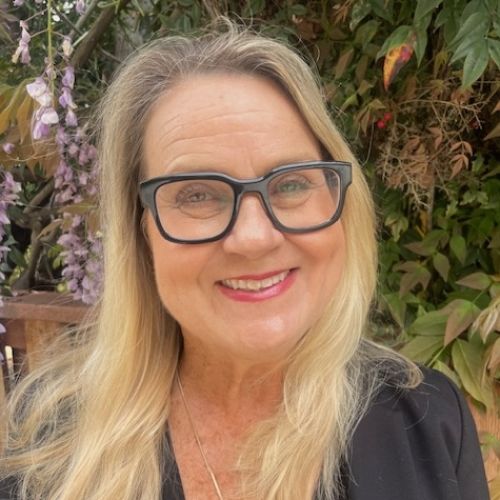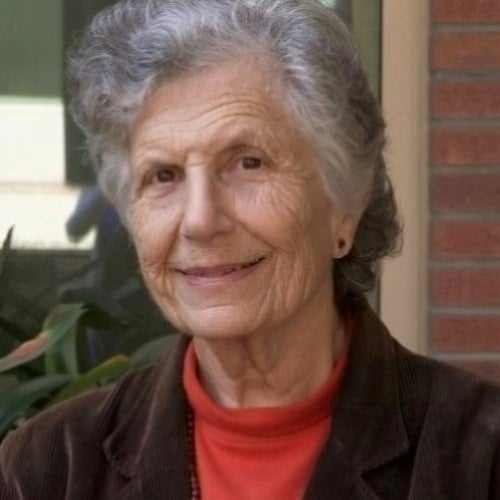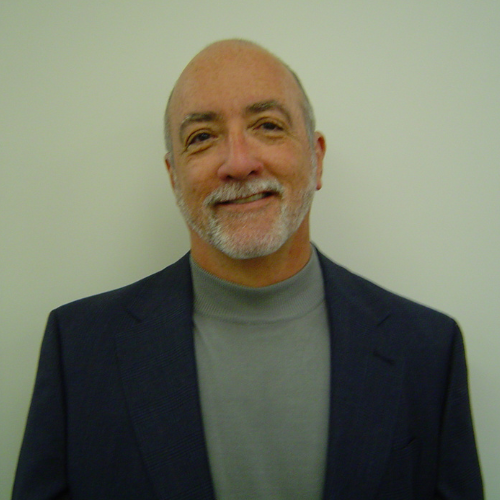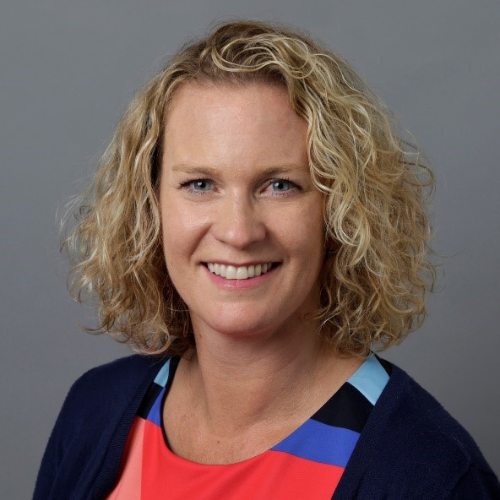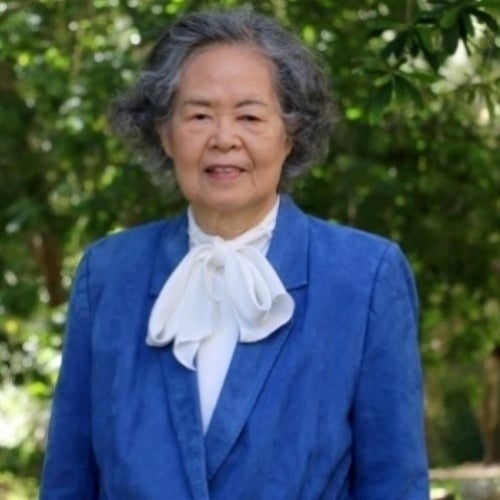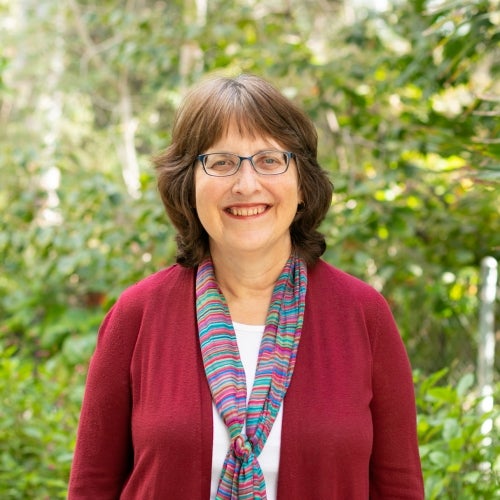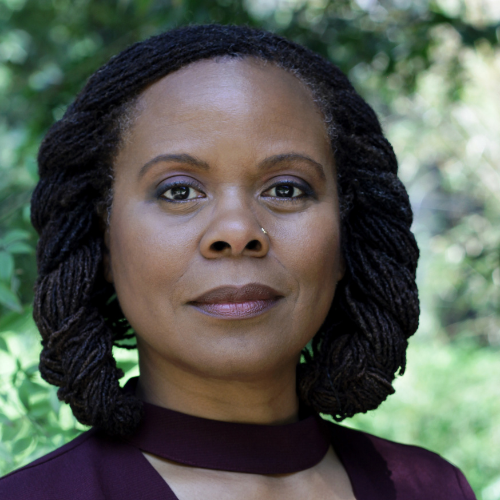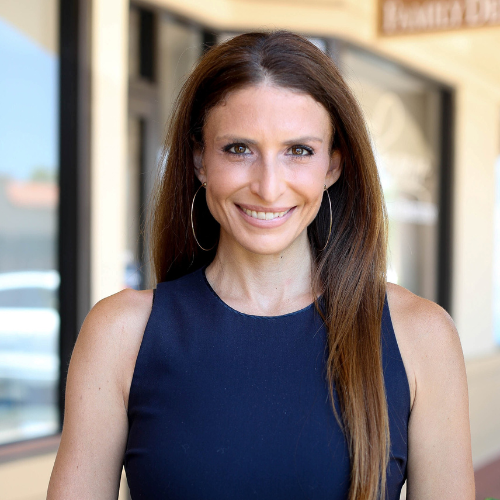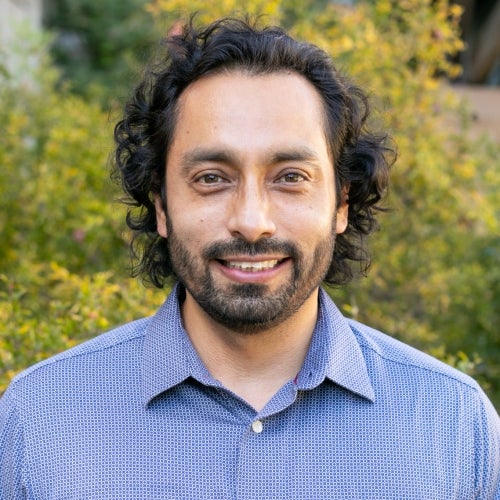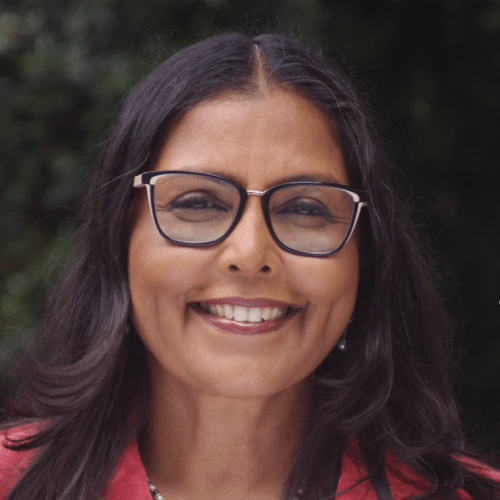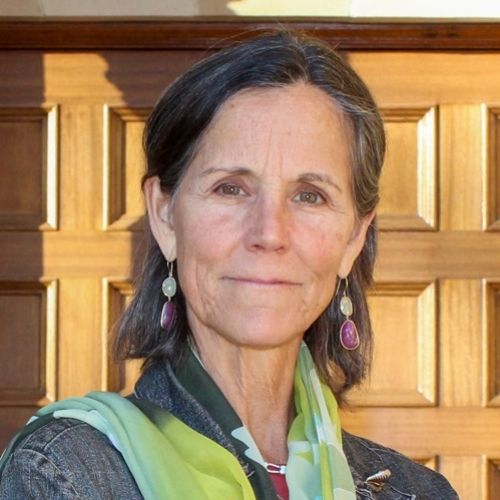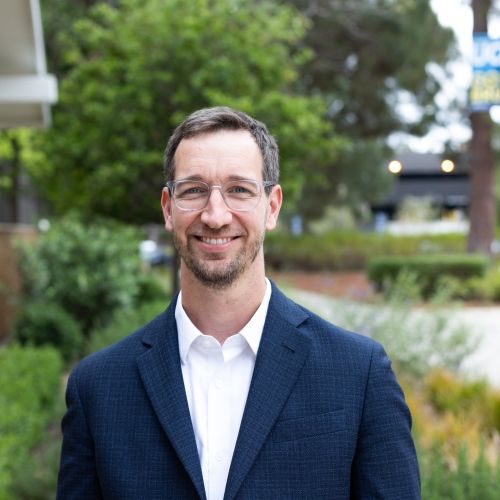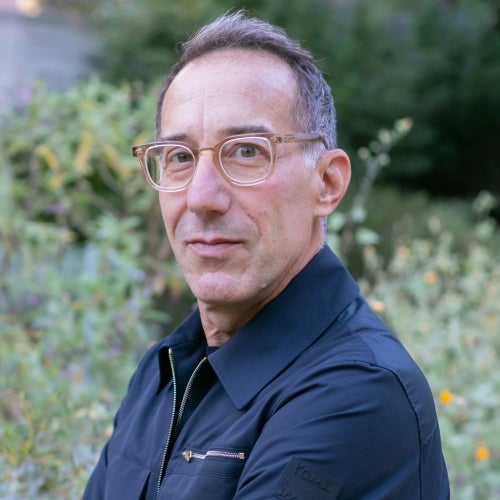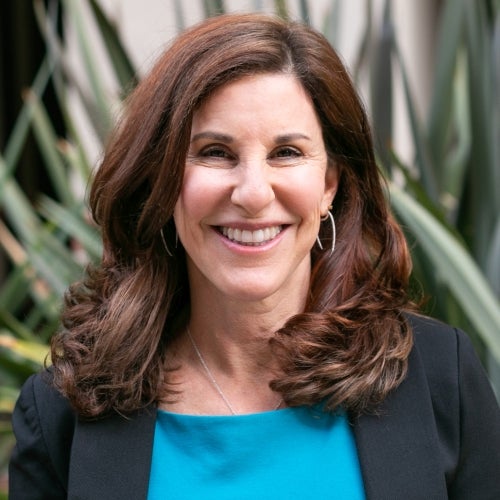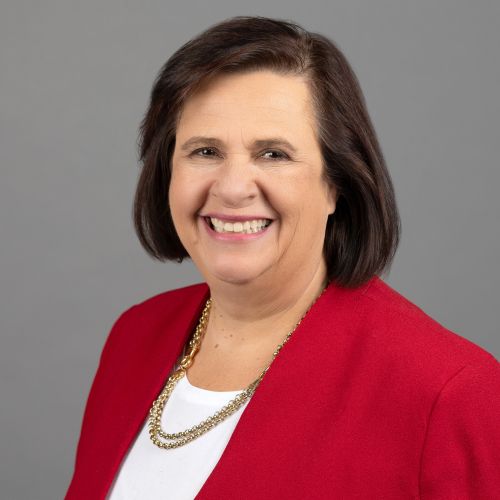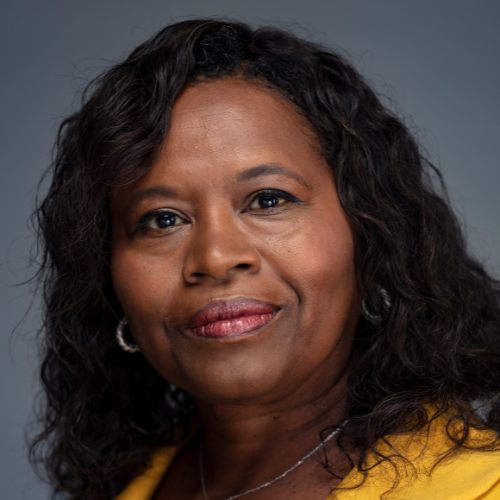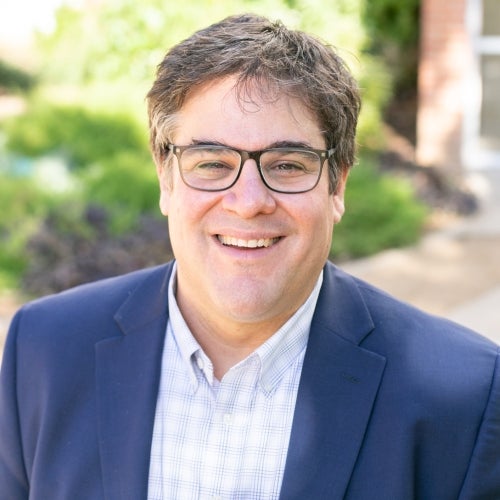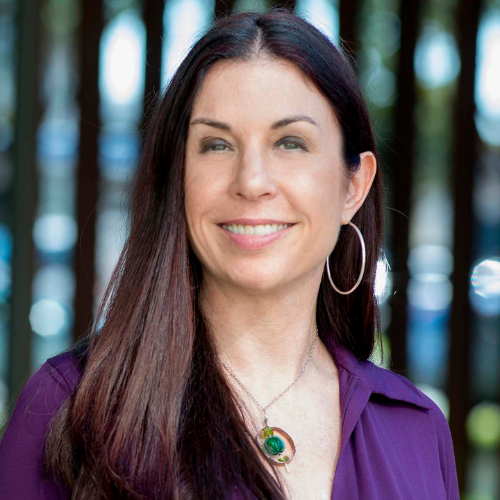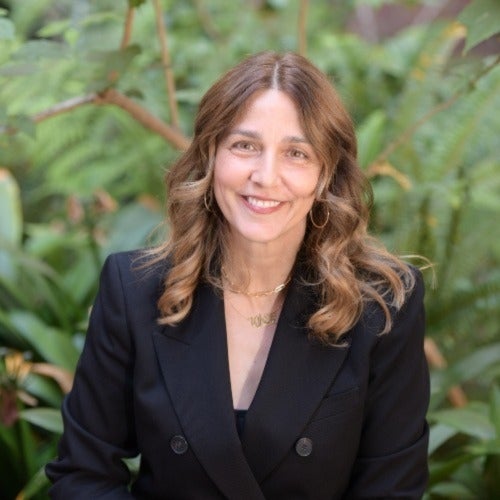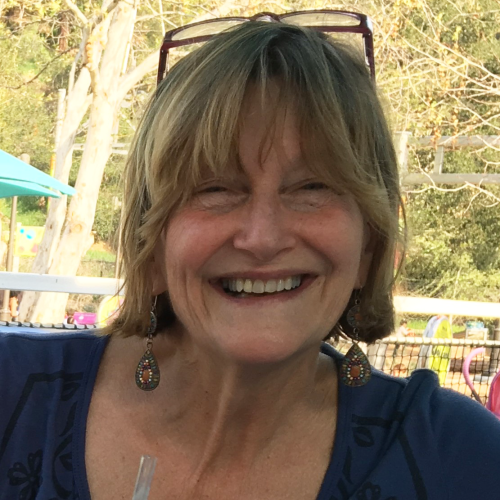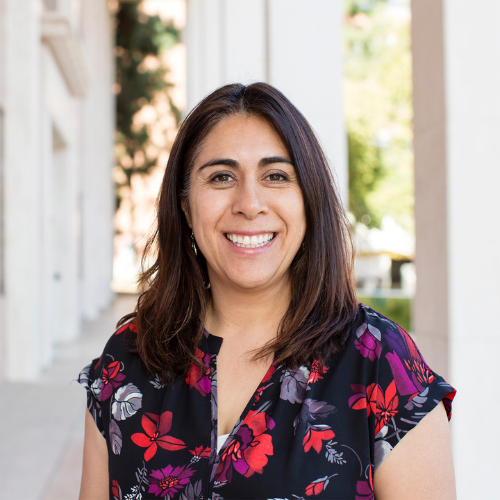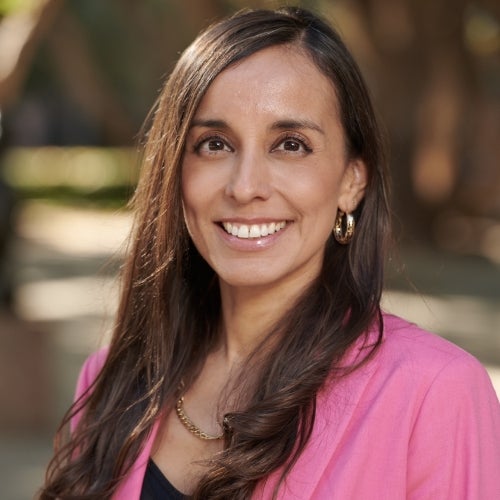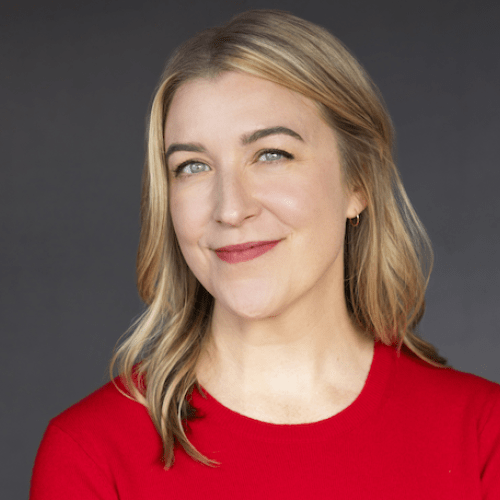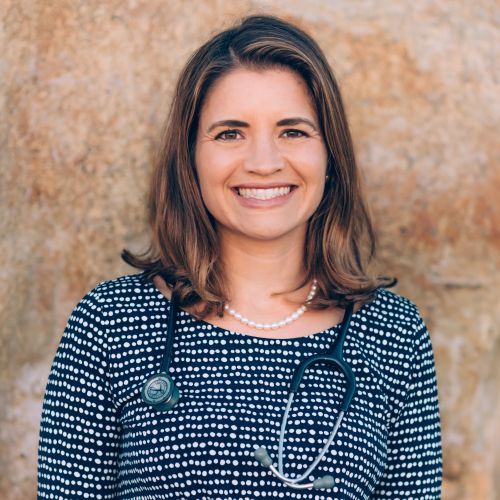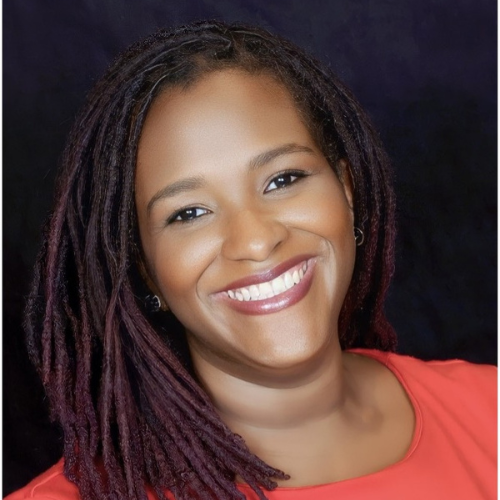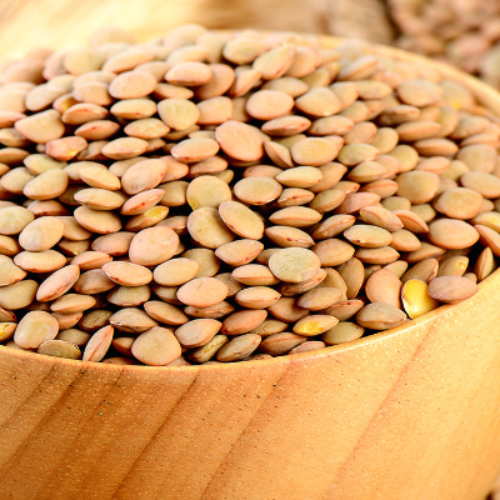"Nutritious snacks for those over 50"
The Washington Post quoted Dr. Dana Ellis Hunnes, assistant professor of community health sciences, about snack choices for those over 50.
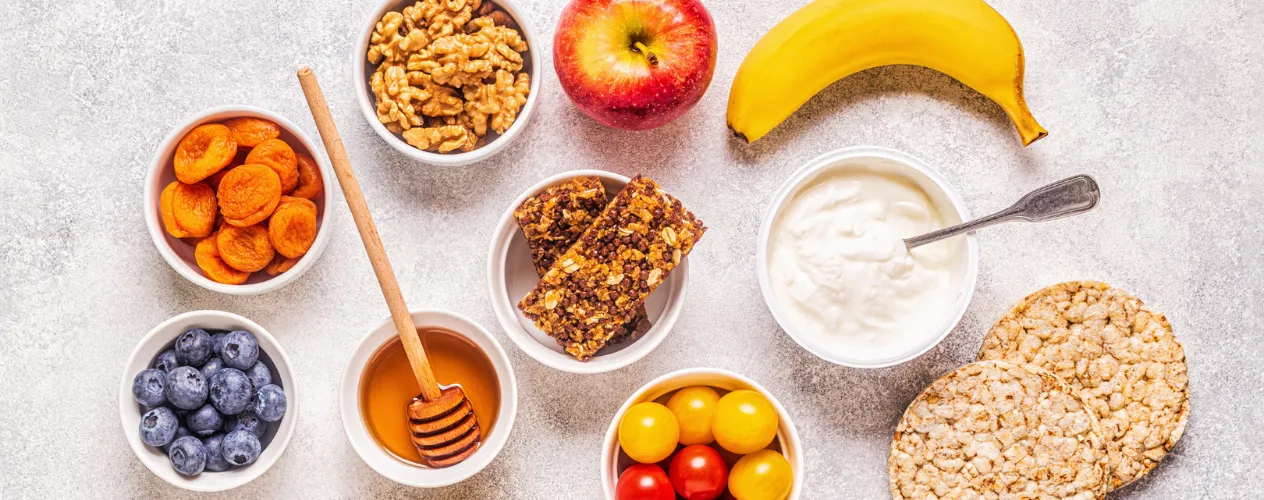
Less than 20 percent of people 55 and older snack every day, according to market research firm Mintel. But the science suggests that snacking can be an integral part of a healthy diet, especially for older adults. In particular, it can help compensate for nutritional deficiencies that might result from the dip in appetite that commonly occurs with age.
“Older adults often get fuller more quickly, and they may have a dulling of their smell and taste sensation that leads them to quit a meal sooner,” says Dana Hunnes, senior clinical dietitian at the Ronald Reagan UCLA Medical Center in Los Angeles. Taking certain medications, getting less exercise and having difficulties chewing can also reduce your desire to eat at meals.
Not eating enough throughout the day can leave you short on the calories you need to stay energized, and you might take in fewer nutrients than you need. Older adults often don’t get enough protein, calcium, potassium, magnesium and vitamin B12, for example. Studies have found that healthy snacking improves the quality of older adults’ diets overall, and it may improve physical function.
Faculty Referenced by this Article

Robert J. Kim-Farley, MD, MPH, is a Professor-in-Residence with joint appointments in the Departments of Epidemiology and Community Health Sciences
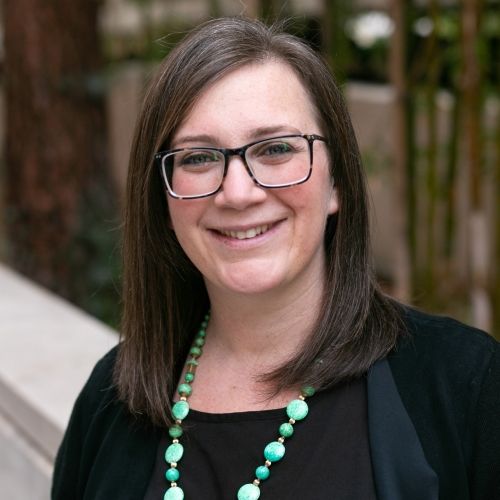
Director of Field Studies and Applied Professional Training

Professor of Community Health Sciences & Health Policy and Management, and Associate Dean for Research

Assistant Dean for Research & Adjunct Associate Professor of Community Health Sciences
